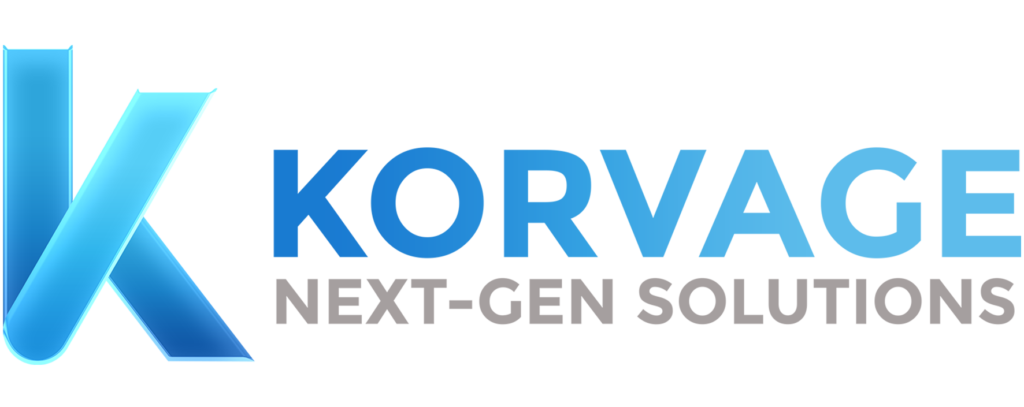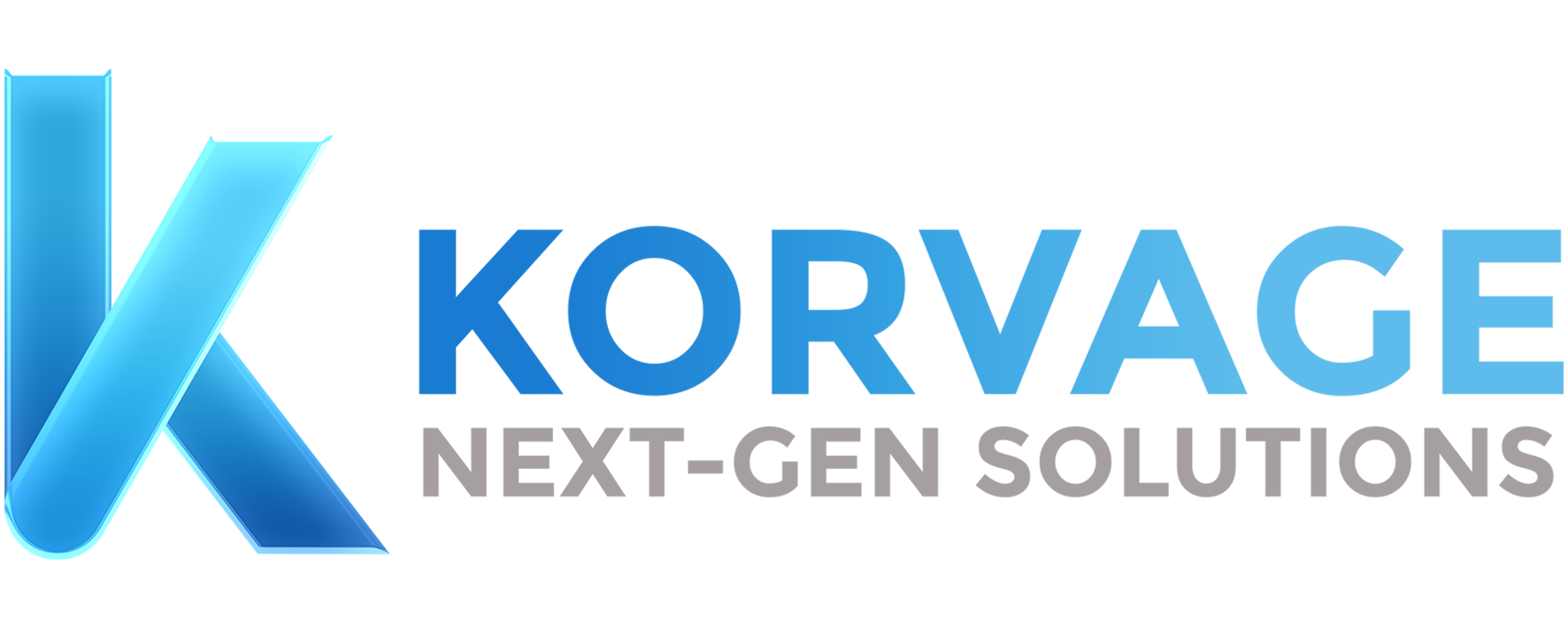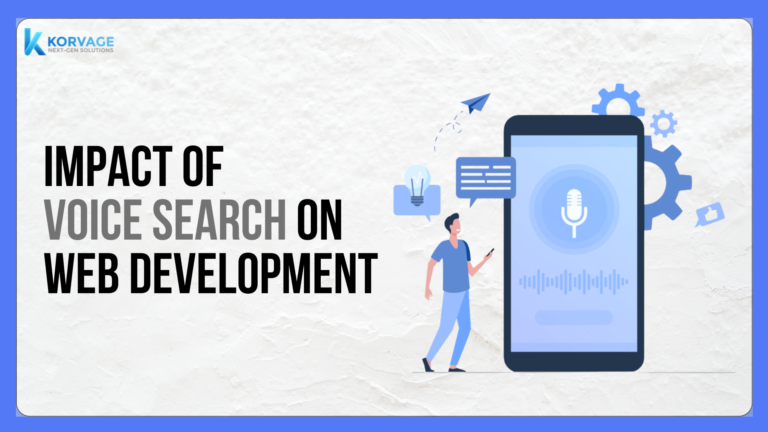Bridging the Gap of The Integration of ERP with Emerging Technologies
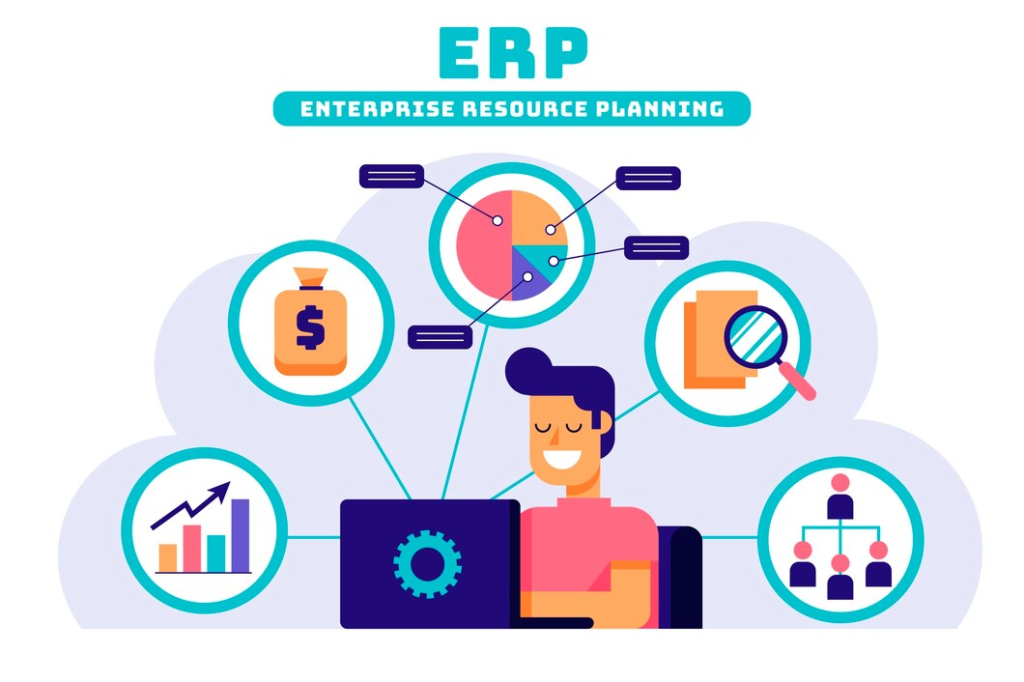
Introduction:
In the dynamic modern business, staying ahead means embracing originality at every moment. As technology advances, businesses strive to improve operations, increase efficiency, and stay competitive. Bridging Enterprise Resource Planning (ERP) and technology systems with evolving is a significant trend in the business world today.
ERP systems have traditionally served as the foundation for managing critical business functions like finance, HR, inventory, and supply chain management. However, as businesses evolve and customer expectations shift, the need for more agile, data-driven solutions has become supreme.
Enter emerging technologies – a diverse array of tools and innovations that are revolutionizing how businesses conduct. From artificial intelligence and machine learning to blockchain and the Internet of Things (IoT), these technologies offer extraordinary opportunities to optimize processes, automate tasks, and unlock valuable insights.
Bridging Enterprise Resource Planning (ERP) and Technologies is reshaping the business scenario. This article will examine some key elements of this integration.
AI and Machine Learning:
By integrating AI and machine learning capabilities into ERP systems, businesses can influence advanced analytics to forecast demand, identify trends, and make data-driven decisions in real time. Predictive analytics can help optimize inventory levels, streamline production processes, and personalize user experiences.

IoT and Sensor Technology:
ERP in IOT
The IoT ecosystem, coupled with ERP integration, enables seamless data exchange between connected devices and ERP systems. This enables proactive maintenance, remote monitoring of assets, and improved visibility across the supply chain. For example, sensors embedded in manufacturing equipment can automatically trigger maintenance alerts or reorder supplies when inventory levels are low.
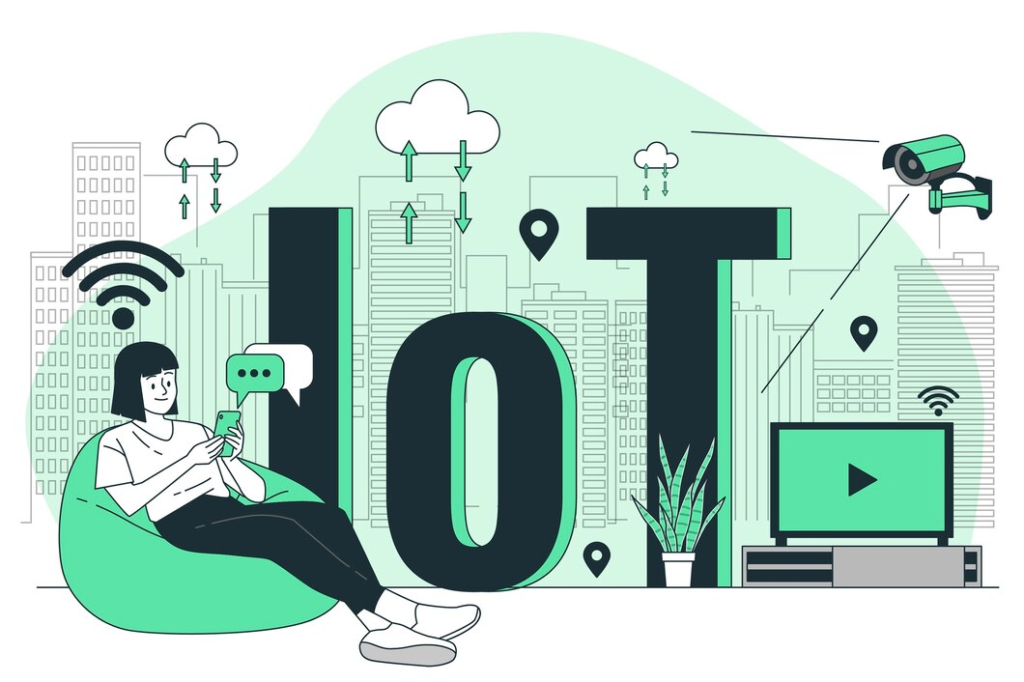
Blockchain:
Blockchain technology offers enhanced security, transparency, and traceability across complex supply chains. By integrating blockchain with ERP systems, businesses can ensure the integrity of transactions, track the movement of goods from source to destination, and mitigate risks such as counterfeit products or supply chain disruptions.

Robotic Process Automation (RPA):
RPA technology automates repetitive tasks and workflows, freeing up human resources to focus on more strategic initiatives. RPA can enhance workflows by integrating systems and applications, facilitating communication between departments. This improves efficiency, productivity, and cost savings by reducing manual intervention. This allows for a seamless flow of information across different departments and functions, resulting in improved productivity and better decision-making based on real-time, accurate data.

Augmented Reality (AR) and Virtual Reality (VR):
AR and VR technologies are revolutionizing training, maintenance, and remote assistance processes. By integrating AR/VR capabilities with ERP systems, businesses can provide immersive training experiences for employees, visualize complex data in interactive dashboards, and facilitate remote collaboration among teams.

Conclusion
Bridging Enterprise Resource Planning (ERP) and Technologies allows businesses to operate and compete more effectively in the digital economy. AI, IoT, blockchain, RPA, and AR/VR have the potential to increase efficiency, agility, and innovation throughout a company’s value chain. As we look to the future, the possibilities are Unlimited.
In today’s business landscape, it’s essential for organizations to integrate their ERP systems with advanced technologies like AI, IoT, and blockchain to streamline operations, enhance decision-making, and drive growth. Incorporating emerging technologies can enhance businesses’ efficiency, productivity, and innovation, keeping them relevant and adaptable in the digital age. Companies can stay ahead of the competition by taking a proactive approach to leveraging new tools and advancements. By embracing technology, businesses can achieve long-term success and sustainability.
Visit Site Korvage
